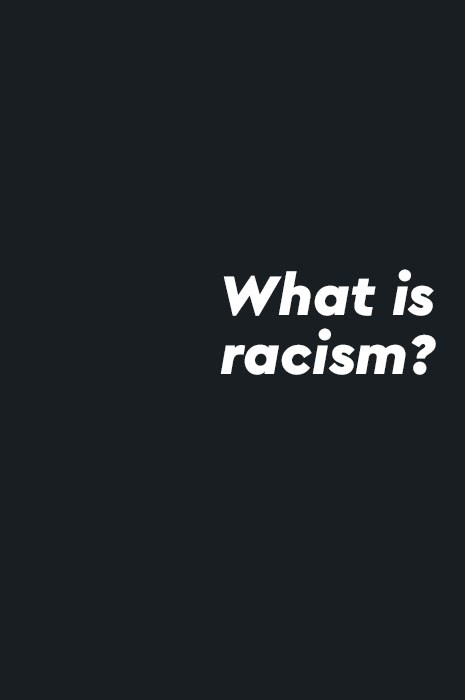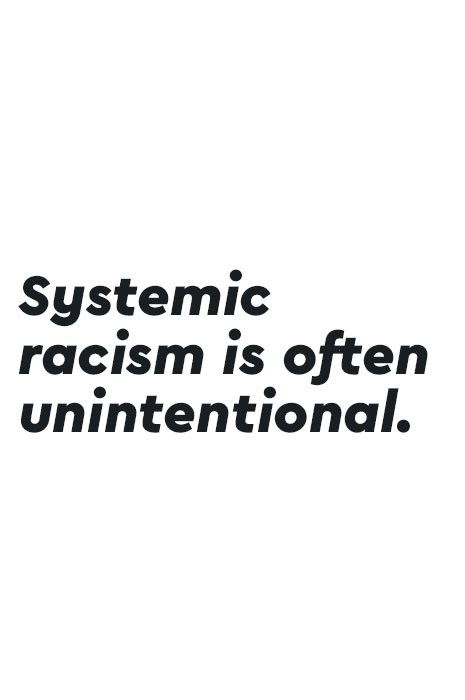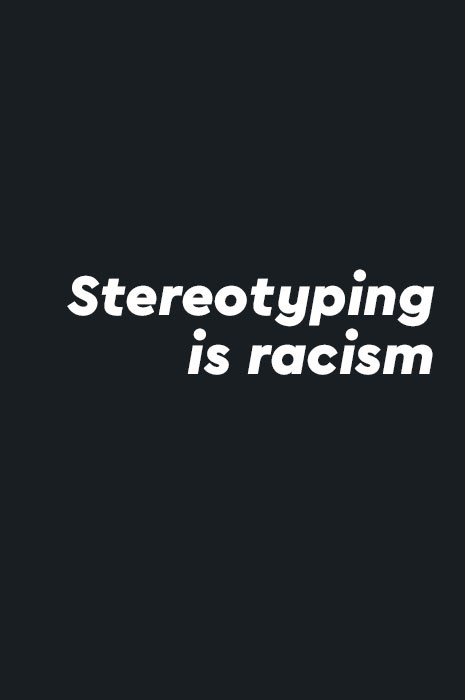
DOKYO DISCUSSES RACISM.

Wikipedia defines racism as "the belief that different races possess distinct characteristics, abilities, or qualities, especially so as to distinguish them as inferior or superior to one another." My personal experience of being a person of Indian origin living in Germany is that I always have a subconscious fear of being treated differently and being discriminated against, based on my country of origin. A lot of people I meet, not just from India but other countries, feel the same, even though we don’t feel we have really experienced anything specific.
This lack of direct experience in no way undermines the situation we are currently experiencing with all the protests, online movements (#Blacklives matter #BLM), tearing down of statues and other petitions going around. Perhaps the reason we haven't felt anything directly is that we are all partly oblivious to the fact that in our daily actions there lies a hint of racism - we don’t see it or consciously feel it, because we have come to accept it as the norm.

An example of this would be that often in the workplace, a person from India is somehow expected to know about technology and how to handle it. A man of African origin wouldn’t always naturally be good at basketball or listen to rap music, but many would assume both of those to be true – these are notions deeply embedded in our minds, termed "Systemic Racism". Systemic racism is a form of racism expressed in social, political and workplace settings. It is a long chain of multiple, reoccurring events of intended and, most commonly, unintended racism in institutions that can lead to discrimination in employment, criminal justice, education and other sections.
I thought about writing this piece around a week ago, but the fact that I haven't directly experienced any form of discrimination held me back. I didn’t want to be the person who just condemns the problem out loud and then just move on with my life, I wanted to be a part of the solution. I figured the least I could do was to start the debate of racism and systemic racism in the company that I am currently working in, DOKYO.

Together we wanted to address the ‘elephant in the room’ and find creative ways to manage and monitor it. During the debate, a very interesting point was put forward by my colleague, who mentioned that he hadn’t experienced any "negative racism", but instead on multiple occasions had experienced "positive racism". Being of Turkish origin, he said a lot of people ask him "How can you speak such good English? I haven't seen a Turk speak such good English". Being unaware that this is, in fact, systemic racism, he considered it positive racism, though he also saw it as stereotyping.
This incident made us realize there were likely uncountable incidents that we have been through where we didn't realize that we were being stereotyped based on our origin and abilities, e.g. being an Indian and always suffering under the assumption that you are good with technology. We also realized that our company might not be as liberal and accepting as we had always considered and maybe we had an underlying issue of systemic racism.
Acting active against systemic racism
To solve this problem and to create a more vibrant, conscious and accepting workplace environment, companies need to directly tackle the problem and set standards that monitor such issues - standards that make people in the organization aware about their actions and help end one form of systemic racism that arises in the guise of workplace discrimination.

- We discussed these above examples internally and collectively realized that we might now, or in the future, face such a problem and that we needed policies and measures in place to address and avoid that now.
- In collaboration with our colleagues, we came up with specifically designed policies that firstly condemn such practices, but we didn’t stop at just condemning, we made sure that our company sets an example of how diverse work environments should function.
- We revisited and revised our anti-discrimination policy and associated control mechanisms that help our colleagues identify their rights and report any kind of concern that they might have for any kind of discrimination and racism. Revising policies is one of the ways that companies can contribute towards this currently hot, but always important, debate.
- DOKYO has pledged to make our company a more sustainable and tolerant organization. We believe that being "anti-racism" is just not enough, we need to eradicate the term changing our work culture by addressing issues like racism and inequality and creating a new culture where we can empower people and initiate healthy discussions around issues affecting them and our society.
We need to work against racism. Now...
The goal of all companies should be to work towards creating better environments for their most important resource, human resource, to feel appreciated, validated and treated as equals. Companies should lead the way to end racism one policy, one step at a time. We should be proactive and solve the problem instead of being a part of the problem. And we should begin now.
You can check out our policy on human resources and their development here.
This article is part of DOKYO's commitment to its employees, and part of a bigger Corporate Social Responsibility initiative. Read more about how we are transforming our agency one policy at a time.

